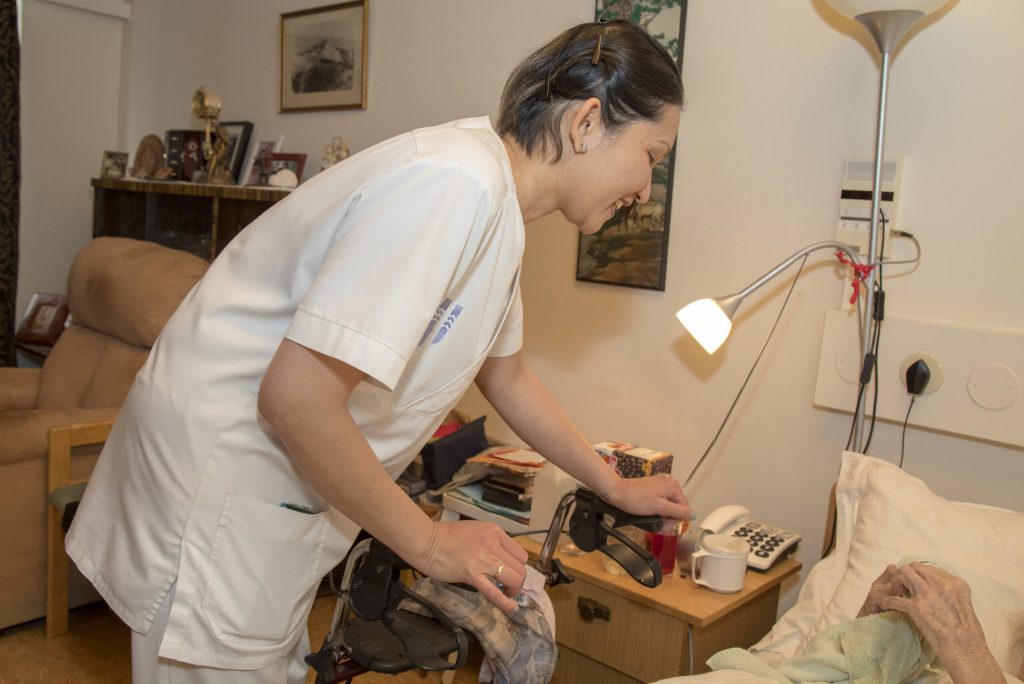
Over half of working people of foreign origin in Iceland are in jobs for which they are overqualified compared to their education. It applies to people who have come here from European Union countries and third countries. The percentage in Iceland is among the highest of all European countries.
This can be seen in Eurostat’s figures, the European Union’s statistical agency. Of the working people in Iceland who come from EU countries, the percentage is 53.2% and is by far the highest in the European countries. The next highest rate is in Italy, 45.1%, followed by Cyprus, where the rate is 43.1%. On average in the EU countries, this percentage is around 31%. However, it should be noted that data isn´t available in this regard from thirteen EU countries, in addition to the UK.
If one looks at the gender distribution, one can see that just under 60% of men are overqualified for their jobs, but just under half of the women in this country are. Comparable proportions on average in the EU are almost 30% for men and nearly 33% for women.
Of the working people in Iceland who come from countries outside the European Union, the percentage was 53.6%. Only in Greece (60.2%) and Italy (57.3%) was the percentage higher last year. The average in the EU countries was 36.1% last year. There is no data on the issue from three EU countries in addition to the UK.
If one looks again at the difference between the sexes in this context, it becomes clear that a considerably higher percentage of men than women who come from a third country are considered overqualified for the jobs they perform in Iceland, or almost 59%. The comparable percentage of women is around 50%. However, this is the opposite if you look at the average of the EU countries, where overqualified women from third countries are 38.5%, while the percentage of men is 33.6%.
At the same time, Iceland is among the countries where the percentage of citizens who are too qualified for the jobs they perform is the lowest, 11.8%. It is on a par with Denmark and only in Luxembourg is the rate lower, 4.3%. The average rate in the EU was 20.8% last year. As far as the gender ratio is concerned, more Icelandic men are considered too qualified for the jobs they do than women, over 14% compared to 10% of women. On average, the percentage in the EU countries is just around 20 percent, and slightly more women are considered too qualified for the jobs they perform.